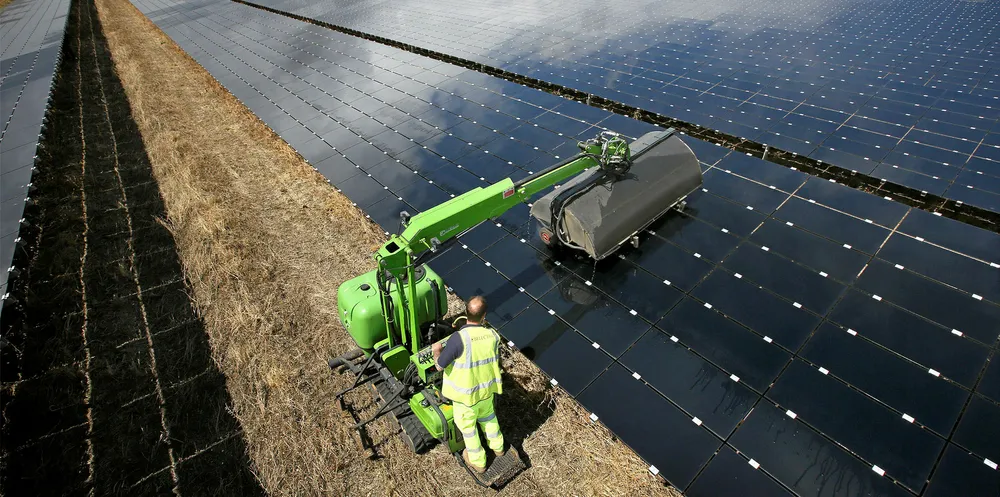UK changes 'could delay subsidy-free wind and solar by five years'
Ofgem's favoured option bad news for onshore wind and solar economics, says Aurora Energy Research

Ofgem's favoured option bad news for onshore wind and solar economics, says Aurora Energy Research
